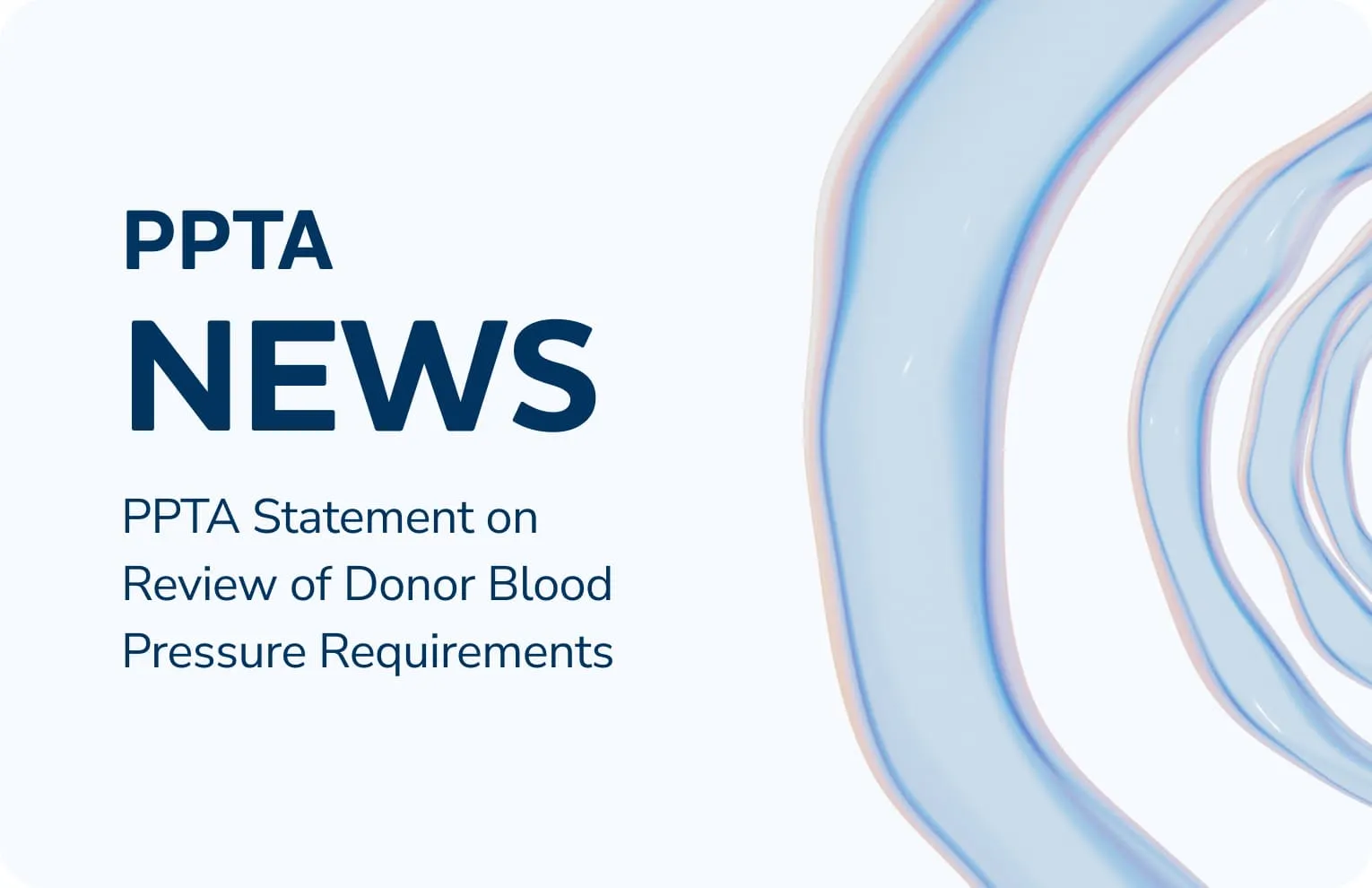Influenza H5N1 viruses are lipid enveloped viruses.1 PPTA members have spent years studying the effects of the manufacturing process on lipid enveloped viruses. All data demonstrate that the manufacturing processes, which contain commonly used inactivation methods such as pasteurization, vapor heating, low pH, and solvent detergent treatment methods, readily inactivate these types of viruses. Recently, a study led by Dr. Thomas R. Kreil confirmed that the H5N1 virus is effectively inactivated through these commonly used methods.2 These findings demonstrate the high level of safety found in today’s plasma protein therapies. PPTA will continue to monitor the spread of H5N1 viruses and remain vigilant in efforts to ensure the safety of these life-saving therapies.
1 J.C. de Jong, G.F. Rimmelzwaan, R.A.M. Foucher & A.D.M.E. Osterhaus National Influenza Center of the WHO, Department of Virology. Influenza Virus: a master of metamorphosis; Journal of Infection 2000; 40: 218-228
2 Kreil T.R., U. Unger, S.M. Orth, G. Petutschnig, O. Kistner, G. Poelsler, and A. Berting. H5N1 influenza virus and the safety of plasma products; Transfusion 2007; 47: 452-459.
Created on June 01 2007.





